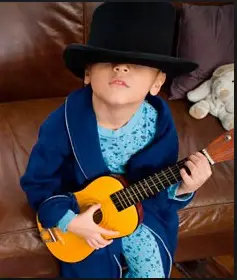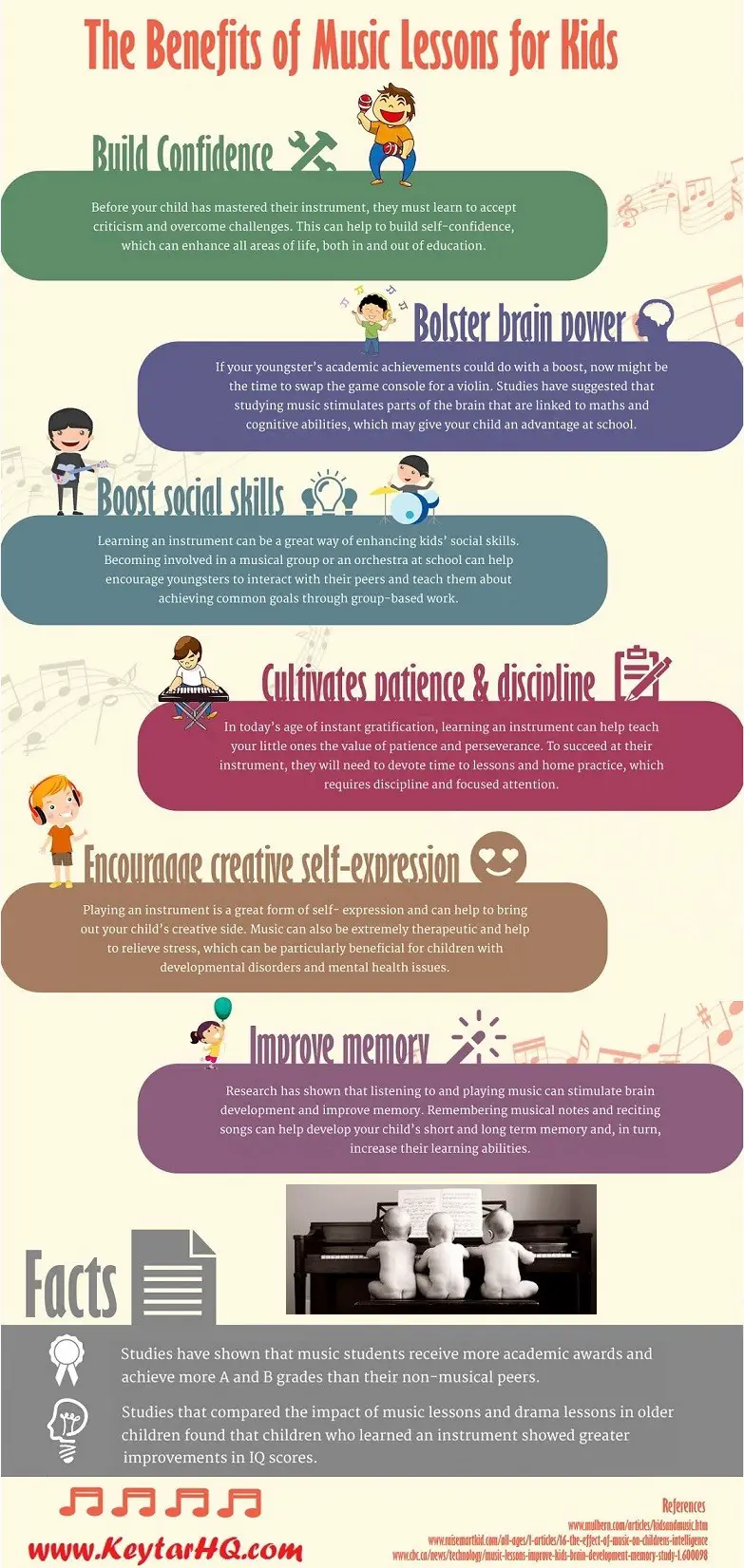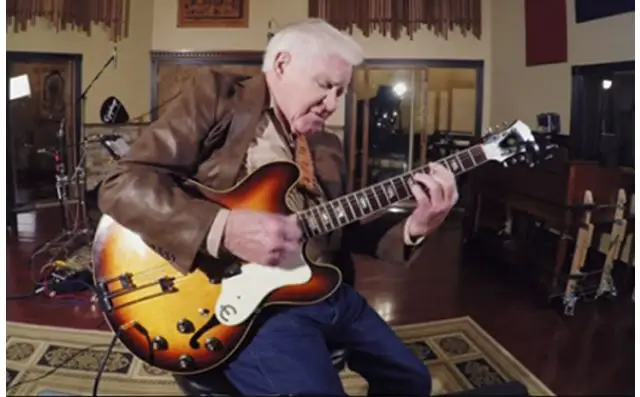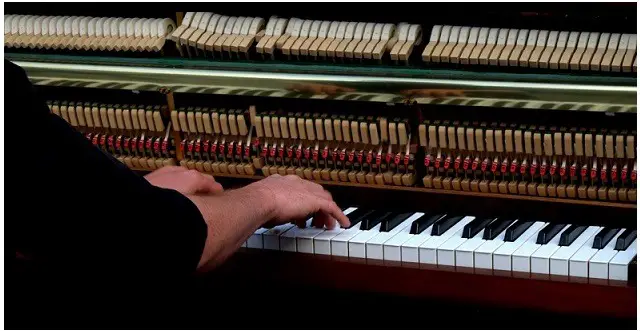
The benefits of music education are well-documented – for both kids as well as adults. There’s a lot of stuff that talks about the positive effects of music on the development of kids and music’s ability to heal adults.
Music Benefits in General
For many, music is a big part of our lives, whether it’s the music that we listen to on the way to work, while we workout, or the music we hear in a symphony or film.
Music can calm us down, lift our spirits and offers a number of health benefits including lowering stress levels, raising states of consciousness, changing moods, accessing different states of mind, and is useful in meditation.
“I think music in itself is healing. It’s an explosive expression of humanity. It’s something we are all touched by. No matter what culture we’re from, everyone loves music.” ~ Billy Joel
Learning to Play a Musical Instrument: Benefits for Child
 Children have lots to gain from listening to music and playing a music instrument.
Children have lots to gain from listening to music and playing a music instrument.
There’s a lot of research that suggests that studying music at a younger age influences brain development immensely and develops better learning abilities. Students who have taken music lessons show better traits in most aspects — behavior, concentration, awareness, listening skills, memory, etc.
Personally, I feel it gives them a medium to express themselves and it is much better use of their leisure time, instead of watching television/videos.
Kids are like sponge, they absorb everything that is thrown at them, so why not music lessons?
It instills hard working habits, teaches them to be patient, makes them use their brains more, boosts self-confidence, and gives them an important skill which will last them for ever.
So doesn’t matter if your child has skills to become the next Beyonce or is likely to sing her solos in the shower, you should encourage your child as it will benefit them in some form of music education.
Related: Music Lessons for Kids

Once your teen kids start going to college, and see their peers play musical instruments (and get all that attention), they are more likely to going to repent not learning to play a musical instrument.
So expose your kids to music at an early age.
A UK based study reveals that if you know how to play the guitar, it increases your attractiveness by an astounding 90 percent. Nine out of ten Britons (of both sexes) say they find someone who plays guitar instantly sexy, and a quarter of the UK’s population openly admit to dating someone purely because they could play guitar.

Benefits of Playing a Musical Instrument for Adults

There used to be a ‘widespread belief that if you did not begin learning a musical instrument in your childhood or school years, you had missed your chance.Now such attitudes have changed and many adults believe they can learn to play at any age and gain a level of satisfaction.
With improved lifespans, more adults in their fifties and sixties are now enjoying the benefits of taking up a musical instrument or singing later in life, and are experiencing that the decision has improved their lives in many ways.
The social aspects of playing in a group entice many adults, who miss the social connections they had at work, as they get the opportunity to meet new people.
Research shows that playing an instrument or singing in a choir can enhance emotional well-being, brain health, cognition and hearing function in adults.
Since it’s exciting and rewarding, several groups encourage adults to play musical instruments or sing, and to join bands, orchestras or choral groups.
Getting Started with Music Lessons

Learning to play a musical instrument is an excellent way to explore your creativity, broaden your social circle, and even keep your brain engaged.
Musical Benefits of Learning to Play an Instrument
- Learning the piano (or any other instrument) can improve singing, provided you hum while playing the piano, right from the beginning.
- It improves your sight-reading and helps in becoming a better musician.
- Most learners start composing their own tunes after a year or so
- You can accompanying a singer and play with other musicians
However, music is not something that you can learn overnight; you need to give it time.
That’s why it’s important to get started with music lessons.
KeytarHQ editorial team includes musicians who write and review products for pianists, keyboardists, guitarists & other musicians. KeytarHQ is the best online resource for information on keyboards, pianos, synths, keytars, guitars and music gear for musicians of all abilities, ages and interests.




Leave a Reply